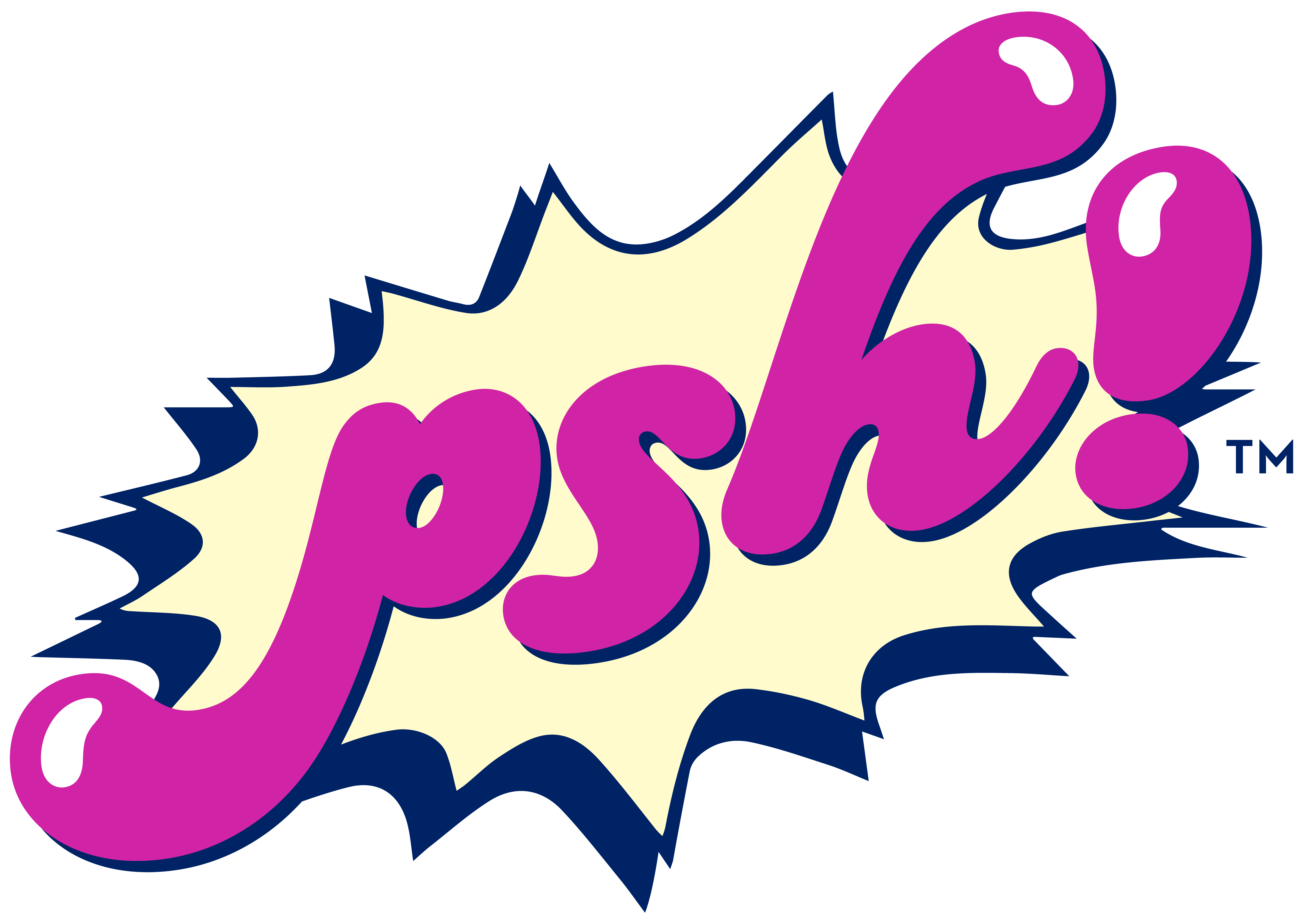Gila Teen's SoftWareWolf Is Indie Sleaze for The 2020s
- Cleo Mirza
- Jan 6, 2025
- 4 min read

“I only smoke when I’m drunk/And I only drink when I’m nervous/And I’m only nervous all of the time.” I was sold on the Gila Teen the second I heard these first few lines from their latest album, SoftWareWolf (lyrics from the opening track, “Itsy Bitsy Sisyphus”). The Denver-based duo, made up of vocalist and guitarist Huntyr Moon and bassist and keyboardist Aidan Bettis, actually appeared on Pink Sofa Hour last year and performed their then-unreleased track “Paris Syndrome,” which is one of the highlights from SoftWareWolf. Coming of age in the Tumblr era, I was a teenager raised on what is now known as “indie sleaze,” a hybrid subgenre of alt-rock incorporating elements of post-punk, new wave, indie rock, and dance music. (And believe me, SoftWareWolf would’ve done numbers on Tumblr.) But I reached a point where that music just stopped resonating with me–for a long, long time. That is, until now. For better or worse, SoftWareWolf has reconnected me with my indie kid roots. Shoutout to Couched Media’s social media maven Coco, who recommended this stunning album to me. If the next time you see me I’ve reverted to wearing ripped tights and an oversized flannel, I blame you!
Gila Teen previously described themselves as a “weird-pop” duo, and while that feels appropriate for their last album, 2021’s Pain Vacation, SoftWareWolf brings them fully into the realm of rock. The interplay of chirpy ‘80s pop synths, grungy ‘90s guitar riffs, and Huntyr’s nasally vocals screams peak 2000s alt-rock, calling to mind bands that dominated the indie sleaze era, like Modest Mouse, Arctic Monkeys, and Arcade Fire. Pain Vacation feels closely aligned with the forlorn indie pop of groups like Death Cab For Cutie, but SoftWareWolf has an edgier, post-punk sound reminiscent of The National, The Bravery, or The Airborne Toxic Event. Yawning synths stretch like frayed nerves coming apart, while guitar and bass instrumentation anchors the songs in rock territory. Blend in some pop-punk cadences, folk narratives, new wave synths, and Midwest emo vibes, and you have SoftWareWolf.
Gila Teen’s greatest gift is their ability to magnify small moments (like the drunk cigarette break that catalyzes “Itsy Bitsy Sisyphus,” or the morning coffee in “In Defense of Decaf”) into battlegrounds for psychoanalysis, while condensing complex ideas into succinct little daggers to the heart. Take the lyric “I’m not a boy but I play one on TV,” and its corollary, “I’m not a girl but I play one on TV,” for example (from the song “Local TV Guide”). These two short lines expertly convey the tension of gender dysphoria, the performative nature of gender presentation, and gender identity as fluid and fleeting. Somehow Gila Teen packs a whole matrix of gender ideology into this simple one-two punch.
This duo demonstrates a deft hand with irony and wordplay in everything they do, from their band name, to this album title, to their tagline, “Gila Teen is college rock for college dropouts.” On SoftWareWolf, Gila Teen wrings maximum significance out of every last word by taking common expressions and twisting them into phrases that are both familiar and strange. There are far too many examples to name (damn near every line contains a distorted idiom), but here are a few of my favorites: “I have claimed my stupid prizes/’Cause I have played my stupid games” (from “Local TV Guide”), “If you are what you eat/Then I am made out of trash,” and “I’m either running for office/Or I’m just running with scissors” (both from the raging “Dracula Attackula”). But then, Gila Teen further subverts expectations by continuing to flip their reworked phrases, making subtle changes each time the refrain rolls around. Looking at “Paris Syndrome,” the first iteration is “I broke my heart myself/You just happened to be there,” then “I broke my heart myself/You just happened to be around,” and finally, “I broke my heart myself/And you were nowhere to be found.” Beyond breaking the conventions of a traditionally repeated refrain, every song is a whole gymnastics routine of linguistic backflips.
Back when I was deep in the indie sleaze trenches, a professor told me that my writing was characterized by a “Nervous anger.” I since forgot about that description (even though it cut right to the bone), but when I heard SoftWareWolf, it instantly came back to me. Despite oscillating levels of energy and optimism between its tracks, there’s a persistent undercurrent of existential dread. It’s not a loud or violent type of anger, but instead a steady hum of trepidation. This is what it sounds like when teenage angst grows up (or at least, grows older). While it triggers the same nostalgia, it’s more complicated (and more satisfying) than the pure melodrama that defined much of the music of my adolescence, with a sophisticated grasp of irony to balance out the doom and gloom. Even if we’re not any happier now than we were then, at least this nihilism comes with a wink and a smile.
SoftWareWolf by Gila Teen is out now on all music platforms.




Comments